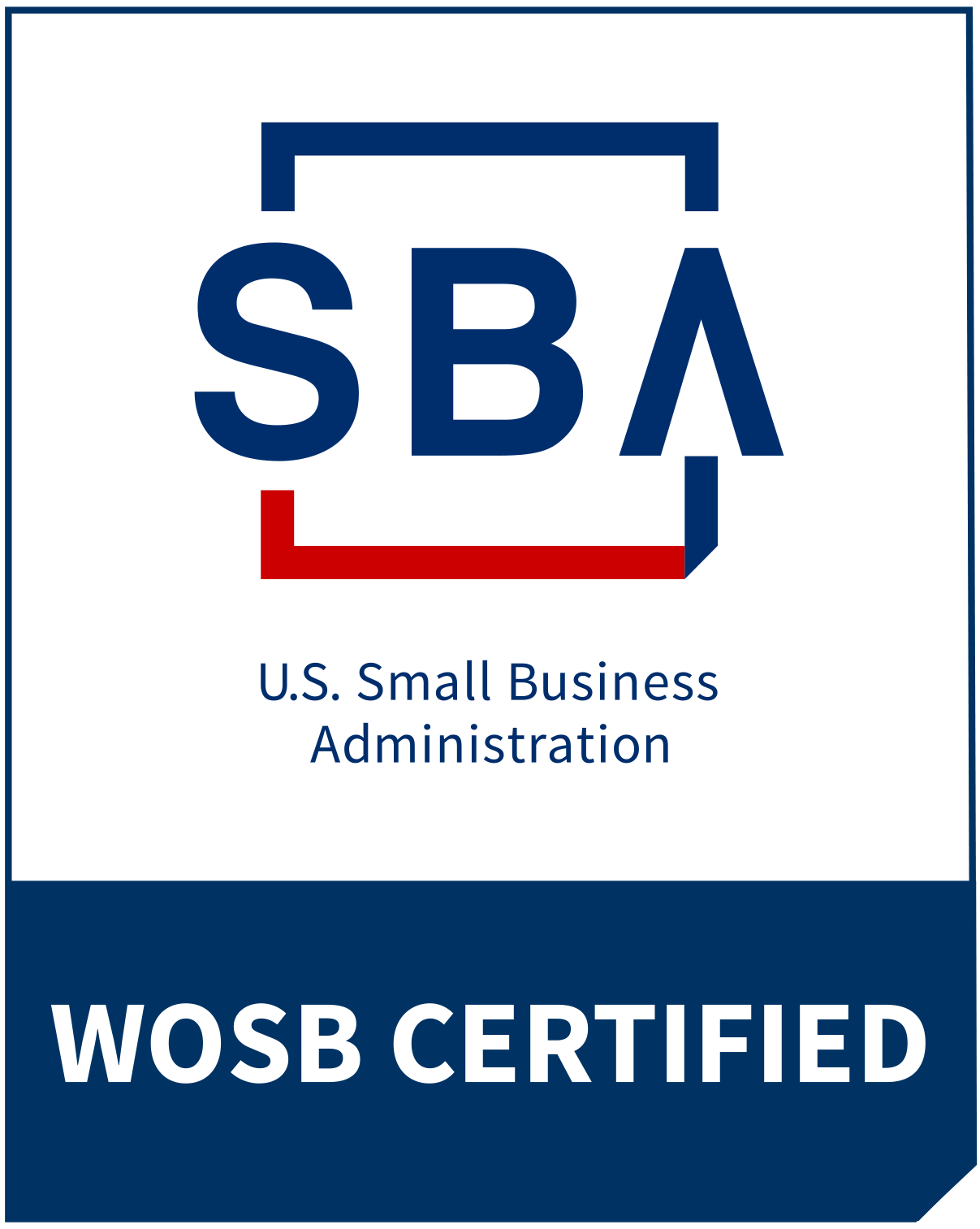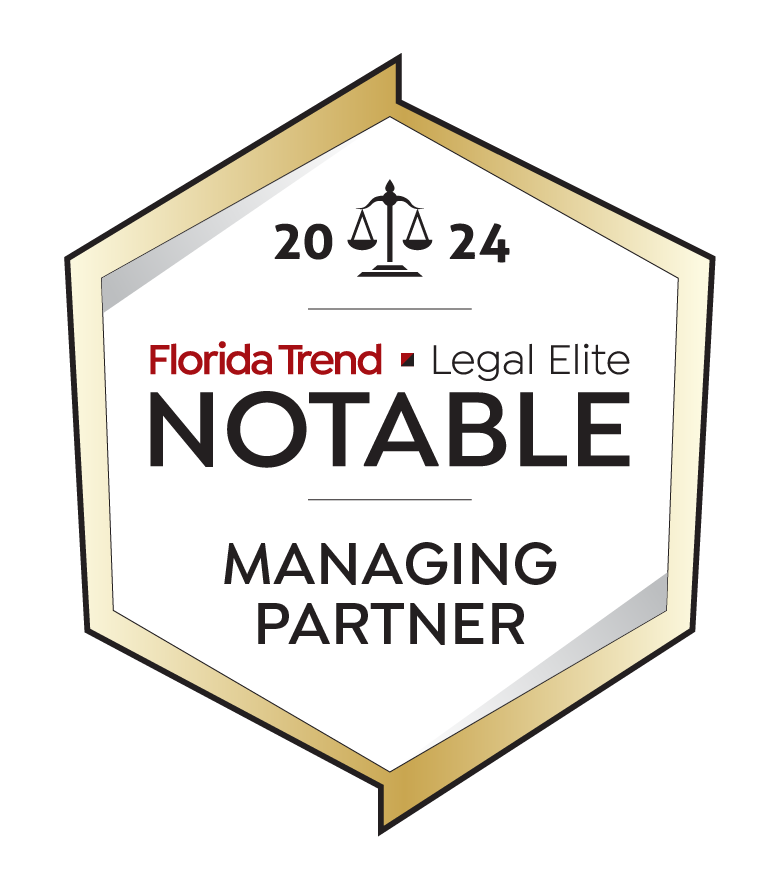When a person dies, much of their money and property might be in limbo. If they held the property solely in their own name, family members and heirs cannot access it without specific legal authority.
When a deceased person’s property is worth $75,000 or more and they have been deceased less than two years, their property must go through formal probate administration in Coral Way. The process can be complicated and mistakes can be costly, so it is important to consult a knowledgeable probate attorney about any issues.
Determining the Value of an Estate
The first task is determining whether the property the deceased person left behind is worth $75,000 or more. This can be complicated in some cases because some of their property might not count when calculating the value of the estate for probate purposes. The law uses the term “estate” to refer to property someone owned when they died. The deceased person is usually called the “decedent.”
If the decedent owned a home, its value is usually exempt from probate. Any property with a named beneficiary, such as a pension or retirement account, passes directly to the beneficiary upon the decedent’s death and its value does not count toward the formal probate process. A joint checking account becomes the sole property of the joint owner when one of the owners dies and its value is not included when calculating an estate’s value.
Real estate other than the family home, cars and boats, furniture, trusts, and bank and investment accounts held solely in the decedent’s name all count toward the value of the estate. A Coral Way attorney can assist a family member in determining whether their loved one’s estate must go through formal probate administration.
Opening the Formal Administration Process
A family member or the executor of the decedent’s will (if one exists) can get the formal administration process started. They must file a petition with the court asking it to open formal probate administration, which an attorney in Coral Way could prepare and file with the court.
When the court opens formal administration, the Judge will name a personal representative for the estate, who is usually a family member or the executor. Florida Statute § 733.301 requires a personal representative to be at least 18 and physically and mentally sound. They must not have any felony convictions or convictions relating to exploiting a vulnerable person.
The Judge will issue documents to the personal representative giving them the authority to access the estate property. The personal representative will handle all matters regarding the estate under the court’s supervision.
Personal Representative’s Duties During Formal Administration
The personal representative must gather and value all the decedent’s property, pay their debts, and distribute what remains to the decedent’s heirs. The formal administration process in Coral Way can be time-consuming, especially if the personal representative must sell property to pay the decedent’s debts.
The law requires the personal representative to publish an announcement to creditors in the newspapers stating that the estate is open. The creditors then have 90 days from the publication date to submit their claims to the personal representative for payment. The personal representative can pay the debts from money available in the decedent’s bank accounts or investment funds. If there is not enough cash available, the representative must sell the decedent’s other property to pay the debts.
When the debts are satisfied, any property remaining goes to the decedent’s heirs and if the decedent left a will, it determines who gets what property. Otherwise, the Florida laws of intestacy determine how property should be distributed. A Coral Way attorney can help a personal representative or a decedent’s family member understand how property should be distributed in a formal administration.
Contact a Coral Way Attorney About Formal Probate Administration Today
It can be difficult to deal with practical matters after a loved one’s death. However, if they had substantial property, then opening the formal administration process is necessary to ensure their property goes to the people they wished to have it.
Reach out to The Florida Probate & Family Law Firm if you believe you may have to open formal probate administration in Coral Way. A legal professional can help determine whether formal administration is necessary. Call now to schedule a free case evaluation.



























